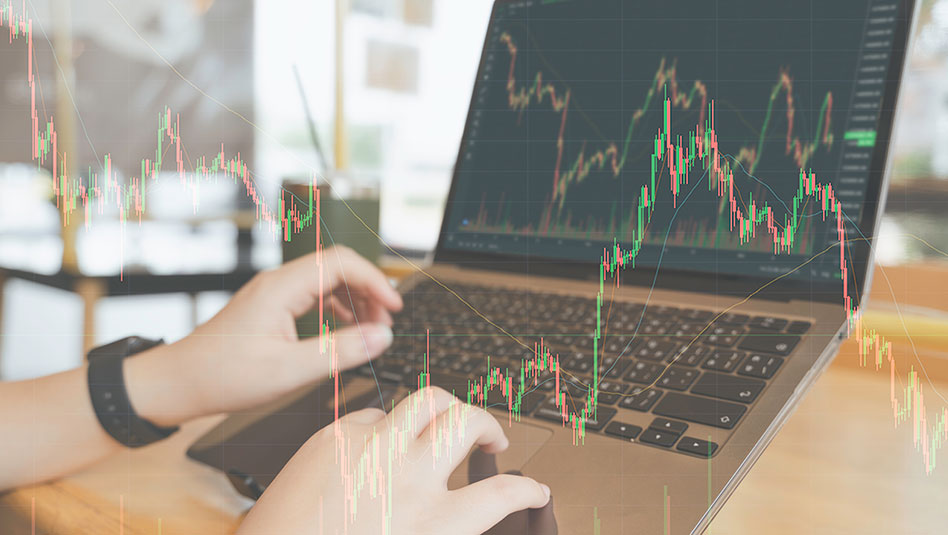Tariff talks: How do economies stand in trade negotiations?
Negotiating trade agreements with the US will have varying results. We think the UK and India stand to gain the most.

After US President Donald Trump’s announcement of sweeping tariffs, nations moved to ease the impact on their economy.
Various countries have engaged in trade negotiations with Washington—in line with Trump’s strategy to address trade imbalances and boost US exports. The complexity of crafting multiple trade agreements will have varying results.
We looked at some of the world’s biggest economic blocs.
UK and India stand to gain the most
The US trade surplus with the UK has led to more constructive trade talks, with both nations signing an agreement that reduces tariffs and addresses trade disparities. This also created an opportunity for increased US exports to the UK. Similarly, India seeks to leverage its modest trade surplus with the US and the strong rapport between Trump and India Prime Minister Narendra Modi to secure a favorable trade deal.
Despite India’s significant trade ties with China posing potential challenges, India has expressed plans to reduce its tariff differential with the US.
Europe, China are not the best bets
The substantial US trade deficit with the Eurozone complicates negotiations. Trump’s criticism of the region’s trade and defense policies is added logjam. These led to stalled progress in trade talks.
Nevertheless, the Eurozone’s robust internal market gives it significant independence from the US.
Read more on how China and Japan look inwardly to ease the tariff storm’s blow here.
Meanwhile, although the US and China have agreed to a 90-day tariff reduction, unresolved issues risk reigniting tensions, which was seen in the trade war during Trump’s first term. US pressure on China is expected to continue, driven by the significant trade deficit.
Strategy
We suggest maintaining a neutral stance on most countries while turning overweight on India.
While recent progress in trade negotiations has been observed, a wait-and-see approach is recommended due to uncertainty regarding the impact of tariffs on the global economy.
A neutral stance is maintained for most regions, including the Eurozone, UK, Japan, and China. On the other hand, an overweight position is adopted for India—a potential beneficiary of the current realignment in global trade, which will complement the strength of its domestic economy.
(Disclaimer: This is general investment information only and does not constitute an offer or guarantee, with all investment decisions made at your own risk. The bank takes no responsibility for any potential losses.)
SOPHIA THERESE “PIA” BONIFACIO is a Markets Research Analyst at Metrobank’s Trust Banking Group, covering local and offshore macroeconomic research. She obtained her Bachelor’s degree in Economics with a Specialization in Financial Economics, cum laude, from the Ateneo de Manila University and is a Certified UITF Sales Person (CUSP). Pia enjoys long road trips and is a self-proclaimed milk tea connoisseur.
ANNA DOMINIQUE CUDIA, MBA, CSS, is the Head of Markets Research at Metrobank’s Trust Banking Group, spearheading the generation and presentation of financial markets insights to clients. She used to be with Metrobank’s Investor Relations, where she brought in international awards and took part in various multi-billion peso and dollar capital raising activities. She holds a Master of Business Administration (Finance) degree, with distinction, from the University of London, and industry certifications in finance. She is a naturally curious person and likes to travel here and abroad.







 DOWNLOAD
DOWNLOAD




 By Sophia Bonifacio and Anna Cudia
By Sophia Bonifacio and Anna Cudia